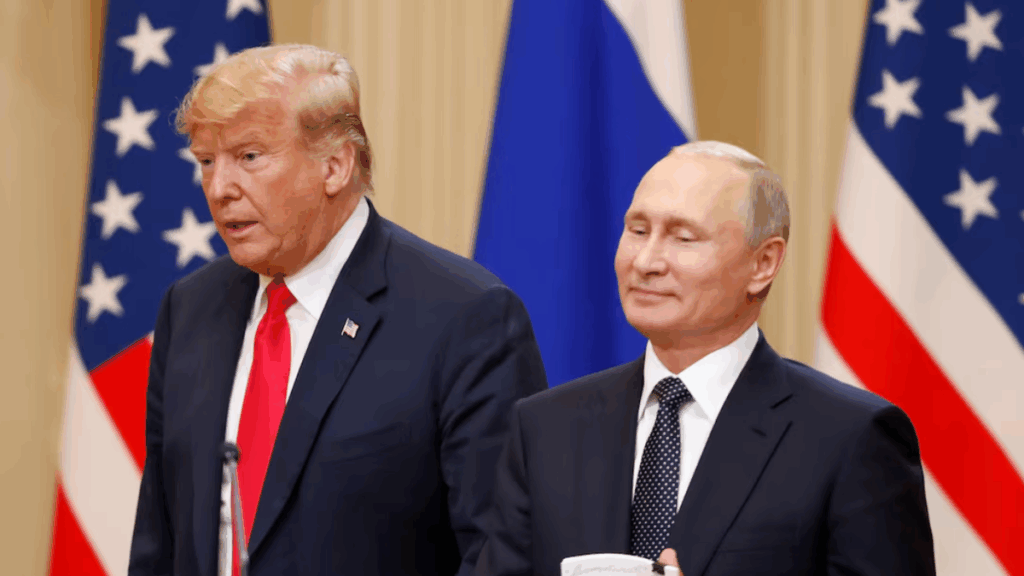
Was Putin’s Easter truce just an attempt to appease Trump?
Russian President Vladimir Putin’s surprise announcement of a one-day Easter ceasefire in Ukraine may have been a strategic move to placate US President Donald Trump, suggest experts.
The truce came as the Trump administration in recent days expressed its mounting frustration with Moscow’s stance in ongoing peace talks.
Putin’s casefire
The Russian president’s ceasefire, supposed to last 30 hours was to begin Saturday (Apr 19). It came just after Washington warned it could walk away from negotiations unless both Russia and Ukraine showed a serious commitment to negotiating a truce.
According to Maria Snegovaya, a senior fellow at the Center for Strategic and International Studies (CSIS), the truce was less about genuine peace and more about placating Trump.
Talking to Reuters, Snegovaya said: What does US stepping away mean? “Does it mean that there will be more sanctions on Russia? Does it mean that Ukraine will keep receiving lethal aid coming from U.S. side?”
“All of that is unclear. Potentially that’s the sort of stick that may have made the trick, pushing Putin into towards a little bit more of the reconciliatory mode,” she noted.
Zelensky’s supposed reasoning for truce
Meanwhile, Ambassador Ian Kelly of Northwestern University suggests that Ukrainian President Volodymyr Zelensky wants to keep the US engaged because “His nation is very, very tired and really wants peace”.
Zelenksy while slamming Putin and remarking that Moscow cannot be trusted proposed an extended 30-day truce — suggested by Trump earlier.
Also read | Zelensky dismisses Putin’s Easter truce as ‘another attempt to play with human lives’
Last month, Ukraine agreed to Trump’s 30-day truce proposal, but Russia rejected it. The sides later agreed to limited pauses — targeting energy infrastructure and maritime areas — though both have since accused each other of violating those arrangements.
“He’s definitely invested in this whole process. And I think, by saying let’s do a 30-day proposal he’s just basically reminding the Americans that they’ve already agreed to this, and putting Putin in the box of being the bad guy,” noted Kelly a former ambassador to Georgia.





Responses